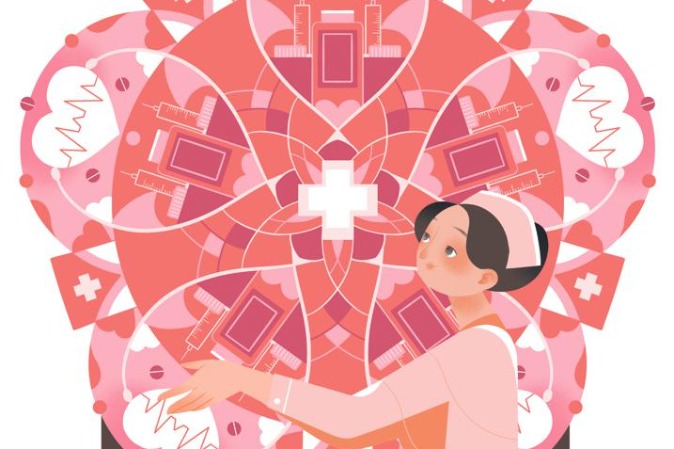Building a better world
Global Development Initiative is a practical blueprint for realizing the UN 2030 Agenda for Sustainable Development

Global Development Initiative is a practical blueprint for realizing the UN 2030 Agenda for Sustainable Development

The world is facing unprecedented challenges. The World Bank has recently dropped its forecast for global economic growth in 2022 from 4.1 percent anticipated in January to 2.9 percent. What makes the situation worse is that some nations are still clinging to the outdated Cold War mentality and are keen on practicing unilateralism and hegemony.
Additionally, the current polymorphous crisis is undoing years of development advances, further delaying the urgent transition to more inclusive economies. Reducing, for instance, the gap among the rich and poor countries is one of the foremost challenges of the 21st century. The international community needs to perceive growth of the poorest countries as not only an ethical responsibility, but also as something vitally important to secure world peace and quality development across regions through the acceleration of economic modernization.
It is in this context that Chinese President Xi Jinping introduced the Global Development Initiative at the general debate of the 76th session of the United Nations General Assembly in September 2021. He called for hastening the implementation of the 2030 Sustainable Development Goals and building a global community with a shared future. More than 100 states and international organizations have expressed their support for this initiative and nearly 60 countries have joined the Group of Friends of the GDI in the United Nations.
China's leading role in promoting the implementation of the SDGs, and conducting comprehensive interactions with the UN development agencies on applied partnerships under the GDI framework, has been warmly received and widely recognized by the international community. China, the world's second-largest economy, plays an exceptional role in sharing its experiences and resources with other countries and, thus, it responds to people's aspiration for a better life across regions or sub-regions in line with the priorities of the GDI. In fact, the GDI is a capable generator and dynamo for achieving the UN SDGs as it is a major multilateral and multi-stakeholder driver to identify and implement solutions for global prosperity.
Global tragedies such as the COVID-19 pandemic and climate disasters demonstrate that the lack of collaboration and multilateralism is an impediment to effective action that must be overcome.
By converting the initiative into concrete actions, people and governments around the world can jointly foster new drivers in the direction of multilateralism, ensuring the global economic recovery in the post-pandemic era, and strengthening international development cooperation on poverty alleviation, food security, green development and the digital economy. As far as the digital economy is concerned, despite the difficulties involved in governing data and data flows across borders, the digitization process can bring sustainable development benefits.
But nearly 3 billion people, or 37 percent of the world's population, have never used the internet, according to the UN. The UN's International Telecommunication Union has estimated that 96 percent of the 2.9 billion people who have not accessed the web live in developing countries.
Given the interdependencies and the interconnected character of the universal architecture of digitalization, the Chinese GDI's priority on the digital economy and digital inclusion is foundational to holistic economic growth, social equity and the SDGs-unlocking transformational outcomes across every sector.
The GDI and the other important initiative proposed by China-the Global Security Initiative-foster a more stable, socially inclusive and environmentally sustainable world economy that is based on a balanced, effective and sustainable security architecture. Development is the groundwork of security and security is the prerequisite for development. Over the course of the decade, these notable initiatives are taking up China's responsibility to history as well as to the international community. The Chinese government has, in fact, stepped forward to build a global community with a shared future.
The world stands at a crossroad. The Chinese leadership has pointed the way forward. It has called for the forming of a global high-quality development partnership comprising all countries to pool as much strength as possible to realize the UN 2030 Agenda for Sustainable Development.
It shows that China is a champion of global development and a responsible member of a community with a shared future.
The author is a former rector of the European University Cyprus and an ordinary member of the European Academy of Sciences and Arts. The author contributed this article to China Watch, a think tank powered by China Daily. The views do not necessarily reflect those of China Daily.
Contact the editor at editor@chinawatch.cn


































